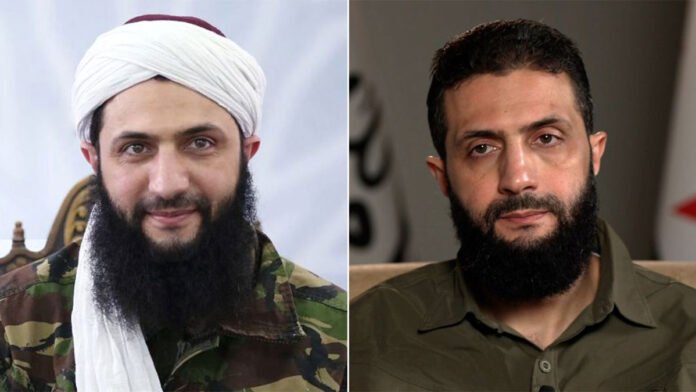Damascene Conversion or Manchurian Candidate
Just as St Paul the Christian bashing Pharisees had his own conversion on the road to Damascus, it seems Abu Mohammed al-Jolani, once branded as one of the world’s most dangerous terrorists, has apparently undergone a similar miraculous transformation.
Today, the former jihadist leader of Hayat Tahrir al-Sham (HTS) Abu Mohammad al-Jolani, stands as the de facto ruler of Syria, following his coalition’s lightning offensive that toppled Bashar al-Assad’s decades-long regime. But is this metamorphosis genuine, or are we witnessing a carefully scripted performance worthy of international espionage thrillers?
Jolani’s rise from an al-Qaeda lieutenant to a polished political figure raises eyebrows—and serious questions. The U.S. State Department still advertises a $10 million bounty on Abu Mohammad al-Jolani’s head, citing his group’s history of terrorist atrocities. Yet, paradoxically, his leadership is now being welcomed in some Western circles.
His story rebranded from Terrorist to Rebel—from Islamic fundamentalist to compassionate leader. The rebrand is so slick it looks like a corporate makeover, ironically modelled on what seems to be the Ukrainian leader, Abu Mohammad al-Jolani, has been “Zelenskyfied” and ready for Western media.
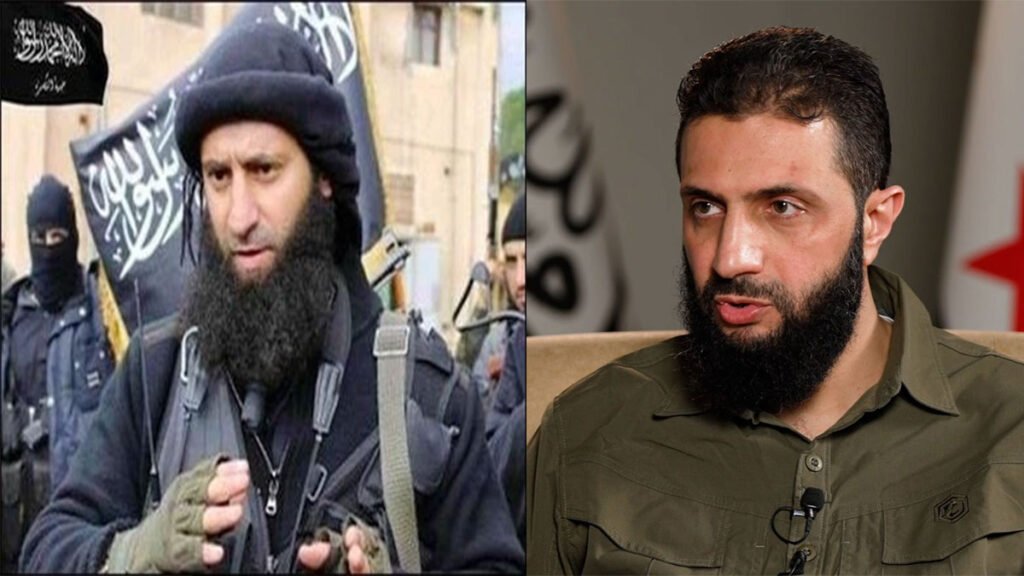
You have to ask, is this the same Jolani who crossed into Iraq to fight U.S. forces after the 2003 invasion? The same man who pledged allegiance to al-Qaeda and founded Jabhat al-Nusra, Syria’s infamous jihadist militia? How does one go from “wanted terrorist” with a whopping $10 million on his head to the de facto leader of Syria and West’s potential partner in rebuilding the country without some strings being pulled in shadowy backrooms?
A Damascene Conversion or a Doubting Thomas Moment?
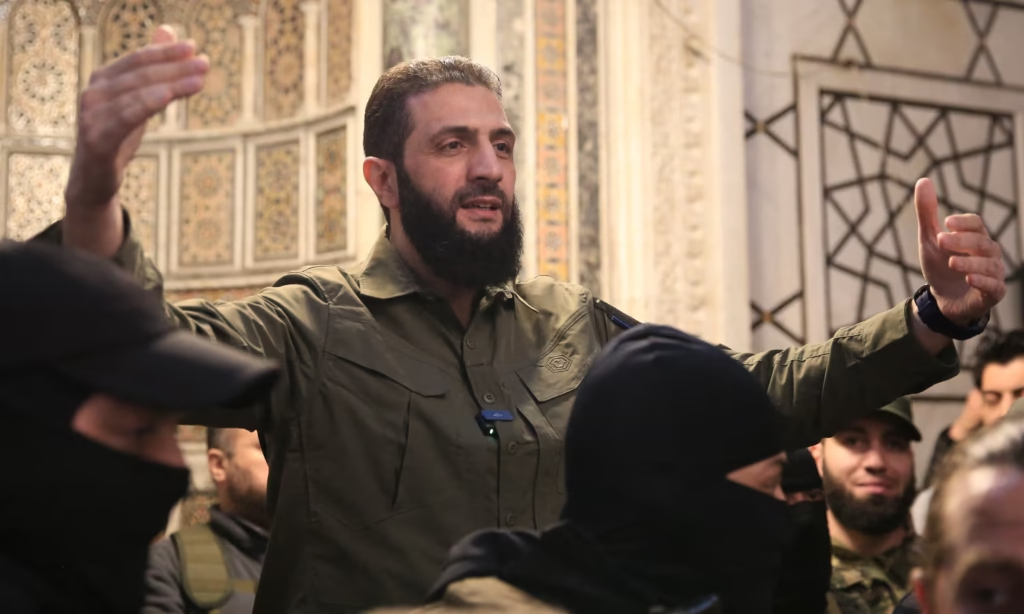
Of course, Jolani’s story might inspire faith in some circles, but let’s channel our inner Doubting Thomas. This isn’t a simple story of redemption. It’s a calculated chess move in a game where the rules change faster than battlefield alliances.
Jolani’s trajectory is a masterclass in reinvention. From Camp Bucca—that notorious US prison that became a terrorist networking hub—to the halls of power in Damascus, he’s navigated a path that would make Machiavelli tip his hat. Born in Saudi Arabia, raised in Damascus, radicalised in Iraq, and now positioned as a potential national leader—his biography reads like a geopolitical Choose Your Own Adventure.
The transformation is striking. Gone are the traditional jihadist robes, replaced by crisp Western-style shirts and military fatigues. His rhetoric has shifted from sectarian militancy to a curious blend of pluralism and Islamic governance. “People who fear Islamic governance either have seen incorrect implementations of it or do not understand it properly,” he told CNN—a statement that drips with calculated moderation.
The international community’s response has been tellingly ambiguous. The prime minister’s spokesperson said the developments in Syria were “an evolving situation” and that the government’s proscription regime was kept “under regular review”.
There have been calls for ministers to reconsider the proscription of Hayat Tahrir al-Sham (HTS), which led to the overthrow of Bashar-al-Assad’s regime in Syria after 13 years of civil war.
The UK government cannot hold talks with HTS while it is proscribed as a terrorist group. Pat McFadden, the Cabinet Office minister, said “the situation is very fluid” and that ministers would “look at that in the days to come”.
The US, while maintaining its bounty, seems cautiously intrigued. It’s reminiscent of other “reformed” militants throughout history—a pattern of strategic rebranding that serves geopolitical interests.

But let’s not be naive. This is the same man who founded Jabhat al-Nusra, pledged allegiance to al-Qaeda, and was instrumental in Syria’s bloody civil war. His current stance of religious tolerance feels less like a genuine conversion and more like a carefully choreographed performance.
Historical precedent doesn’t inspire confidence. We’ve seen this movie before—in Iraq, in Libya, in Afghanistan. The narrative of the ‘moderate rebel’ has consistently dissolved into sectarian chaos, leaving devastation in its wake.
Are we to believe this is the same man who climbed the jihadist ladder through al-Qaeda’s ranks, plotted with Abu Bakr al-Baghdadi, and founded a group that terrorised Syria for years?
Lessons from History
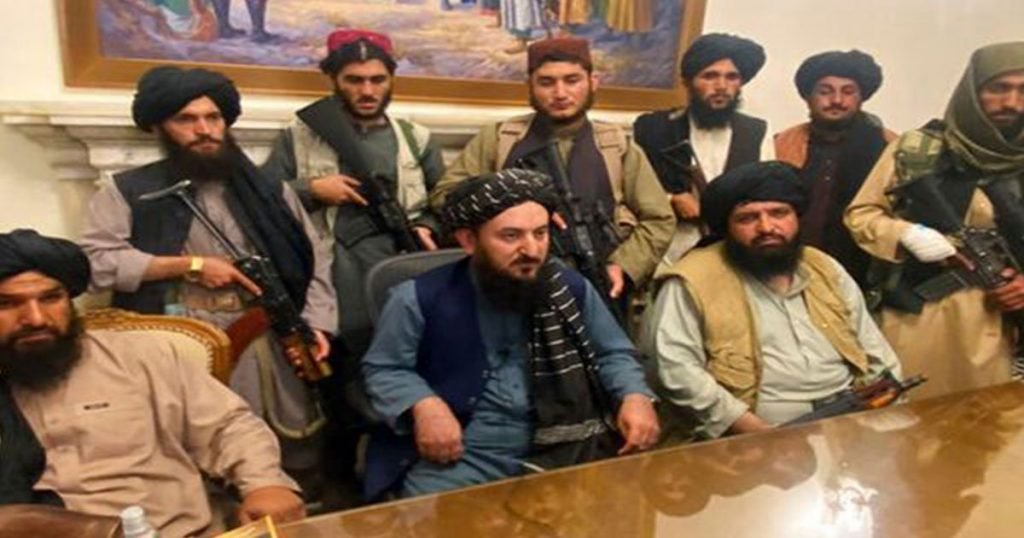
History teaches us to be sceptical. Remember the “moderate rebels” the West armed in Syria, many of whom conveniently morphed into extremists? Let’s not forget the Taliban’s own “rebranding” as Taliban 2.0—right before they reinstated their medieval rule in Afghanistan.
Al-Jolani’s promises of religious tolerance and pluralism must be measured against actions, not words. His treatment of Syria’s religious minorities—Alawites, Christians, and others—will be the true litmus test of his transformation.
Inflection Point
However, we must step back and consider the larger chessboard—the intricate web of global strategy and power dynamics. It seems very much as though key players are scrambling to get their ducks in a row before President-elect Donald Trump takes parks his bum in the Oval Office. Trump has confidently promised to bring about peace in Ukraine within his first 24 hours—a bold claim, but one that raises the stakes for those who benefit from the status quo.
The push to escalate, to cross the Rubicon, is unmistakable. They will tell you it’s about strengthening Ukraine’s negotiating position, but let’s be honest: it’s about ensuring the money keeps flowing, the weapons keep coming, and the cycle of death and destruction persists unabated.
We are at a Strategic Inflection Point, a pivotal moment where the trajectory of global affairs could shift dramatically. While the battlefield in Syria has subtly realigned pieces on the board, it has fallen short of delivering the intended checkmate.
The expectation was clear: provoke Russia into overcommitting to defend Assad, thereby entangling itself deeper in Syria’s quagmire. With its strategically critical naval base at Tartus and the Hmeimim airfield at stake, Moscow was presumed to have no choice but to escalate. Such a move would stretch Russian military resources thin, particularly as it continued its gruelling campaign in Ukraine.
Yet Putin, ever the pragmatist, appears to have recalibrated his strategy. Ukraine remains the critical piece on the board—a direct confrontation with NATO’s influence and a matter of existential importance to Russia’s sphere of influence. By focusing on Ukraine, Putin has chosen to consolidate his resources and avoid the trap of simultaneous overextension.
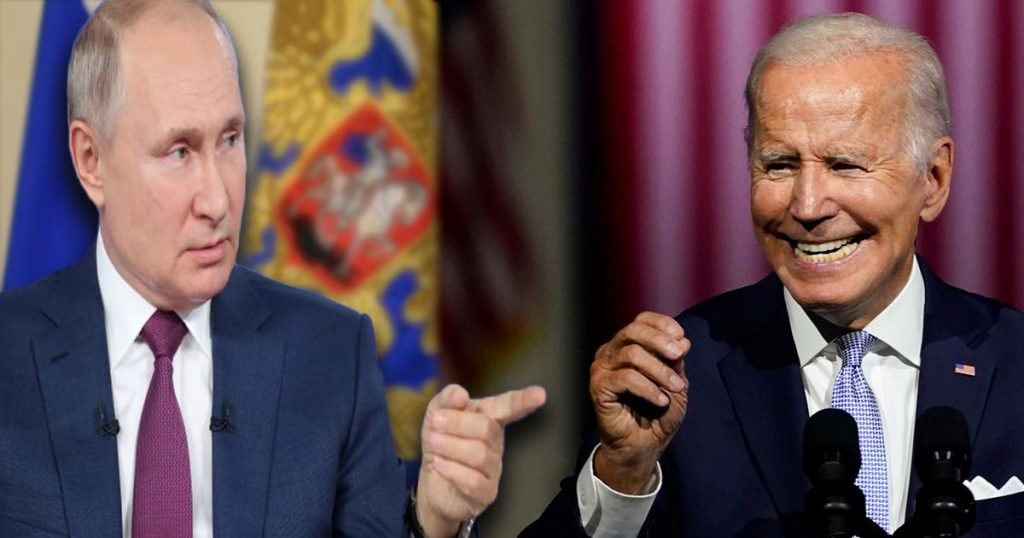
For Israel and the United States, this strategic manoeuvring yields significant dividends. A weakened Russia is less capable of projecting power in the Middle East, leaving Iran increasingly isolated—a nation cut off diplomatically, economically strained, and surrounded by hostile alliances. The result is a regime seemingly primed for destabilisation or even collapse, a long-sought goal for many in Washington and Tel Aviv.
This moment exemplifies the complexity of modern geopolitical strategy: every move is both a reaction and a prelude, with cascading consequences across continents. The question now is how other players—China, NATO, and the broader Middle Eastern bloc—will adapt to this shifting reality. The stakes couldn’t be higher, as the decisions made now will shape the trajectory of global power for decades to come.
Al-Jolani embodies this geopolitical chess match perfectly. His transformation seems less a personal journey, but more a managed strategic metamorphosis that reflects the broader complexities of global conflict and Middle Eastern power dynamics. Just as global powers manoeuvre their pieces across the board—from Ukraine to Syria—al-Jolani has been repositioned from terrorist to a potential nation-builder and Western ally in a future war in Iran…for now al-Jolani remains the most intriguing piece on the board. His ultimate success or failure will not just determine his own fate, but could potentially reshape the entire regional landscape.
Is he a genuine reformer or merely the latest actor in a long-running geopolitical theatre? The world is watching, and the stakes couldn’t be higher.
The curtain rises on Syria’s next act. And we’ll be watching—very carefully.
Support Independent Journalism Today
Our unwavering dedication is to provide you with unbiased news, diverse perspectives, and insightful opinions. We're on a mission to ensure that those in positions of power are held accountable for their actions, but we can't do it alone. Labour Heartlands is primarily funded by me, Paul Knaggs, and by the generous contributions of readers like you. Your donations keep us going and help us uphold the principles of independent journalism. Join us in our quest for truth, transparency, and accountability – donate today and be a part of our mission!
Like everyone else, we're facing challenges, and we need your help to stay online and continue providing crucial journalism. Every contribution, no matter how small, goes a long way in helping us thrive. By becoming one of our donors, you become a vital part of our mission to uncover the truth and uphold the values of democracy.
While we maintain our independence from political affiliations, we stand united against corruption, injustice, and the erosion of free speech, truth, and democracy. We believe in the power of accurate information in a democracy, and we consider facts non-negotiable.
Your support, no matter the amount, can make a significant impact. Together, we can make a difference and continue our journey toward a more informed and just society.
Thank you for supporting Labour Heartlands
